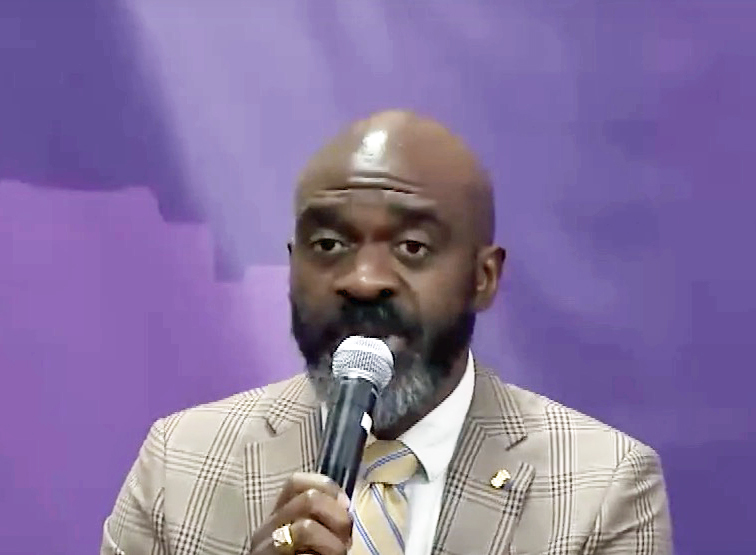Updating New York’s decades-old law on abortion has been an unexpected challenge for women’s rights activists in the city.
Under current state law, written in 1970, a woman cannot legally get an abortion in New York after the 24th week of a pregnancy unless there is an immediate threat to her life.
“Most New Yorkers have no idea that this is the current law on the books,” said Rebecca Davis, the 32-year-old founder of Rally+Rise, a grass roots group that formed after the 2016 election to lobby for progressive policies at local and state levels.
Even with the 1973 Roe v. Wade decision, many doctors still refer to the state law, and with the threat of Roe v. Wade being overturned, pro-choice advocates have called for an updated law, the Reproductive Health Act.
“We’re living in a time where it is crucial that New York state finally modernize it’s reproductive health laws,” said State Sen. Liz Krueger, who sponsored the bill.
The act, which was passed by the state assembly, would allow abortions when the baby would not survive after birth or if an abortion is necessary to protect the mother’s life or health. It would also decriminalize abortion by regulating it under the public health law, not penal law, and allow more health care professionals to provide abortions.
The bill is opposed by pro-life groups.
“We believe it is disingenuous to suggest, as proponents do, that this is a simple update to New York’s laws, or a simple codification of Roe vs. Wade,” said Kathleen Gallagher, the director of pro-life activities for the New York State Catholic Conference. The group disagrees with expanding legal late-term abortions and allowing non-doctors to perform the terminations.
But Rally+Rise, which spent much of 2017 writing letters to lawmakers, meeting with state senators and rallying in Albany for the passage of the bill, believes there are enough votes in the senate to pass it, Davis, of Prospect Heights, said.
The challenge has been getting it to the floor. The senate majority leader, Sen. John Flanagan, a Republican, has made clear he won’t bring it to a vote.
“He has the ability to stop it from coming to the floor no matter how many angles one tries,” Krueger said.
That’s partially because a group of Democratic senators, known as the Independent Democratic Conference, formed a coalition with Republicans. So even though there are technically more Democrats in the senate, Republicans have control.
“If the Democrats had their rightful majority, we know our bill would come to the floor,” said Erika Christensen, 36, who has been lobbying for the Reproductive Health Act ever since she was forced to travel outside of New York to terminate her 32-week pregnancy in 2016 when she learned that her baby would not be able to survive outside of the womb.
Flanagan and Sen. Kemp Hannon, who chairs the senate health committee, did not reply to requests for comment about the act.
Hitting a roadblock in the state senate is “incredibly frustrating,” especially when Gov. Andrew Cuomo repeatedly calls New York a leader in progressive policies, said Amy Bettys, one of the co-chairs of the Women’s Health and Reproductive Rights working group of #GetOrganizedBK.
WHARR turned its focus on Cuomo this past year, rallying outside his midtown office every week for four months, hoping that he would be able to put the necessary pressure on the senate to pass the bill, Bettys, 33, of Prospect-Lefferts Gardens, said.
“We were definitely on his radar,” she said, but their efforts ultimately didn’t force a vote.
Rally+Rise, WHARR and other groups, including Forward March NY, say they are now prioritizing educating more constituents about the law ahead of the 2018 state elections.
“This year, we’re trying to focus more on telling personal stories” like Christensen’s, said Danielle DeMatteo, president of Forward March NY.
“It’s hard for people to grasp it when they’re being forced to read legal jargon,” DeMatteo, 26, of Greenpoint, said, adding that the group hopes people will be able to connect to the personal experiences of others.
With more education around the law, activists aim to convince more New Yorkers to put pressure on senators running for reelection and support candidates who will prioritize the bill.
“We’re trying to get New Yorkers to realize the value and the power in their vote,” Davis said.
































